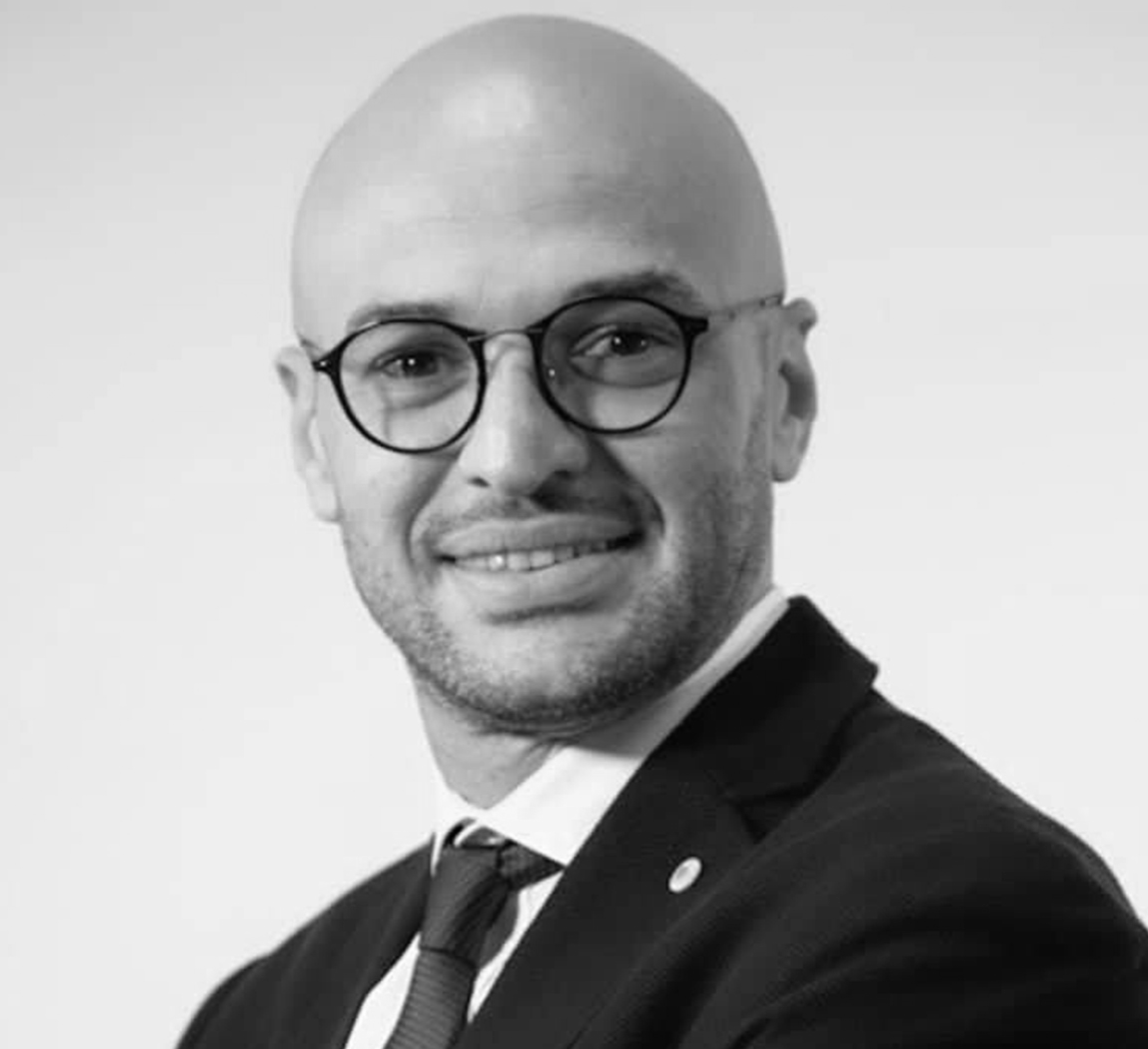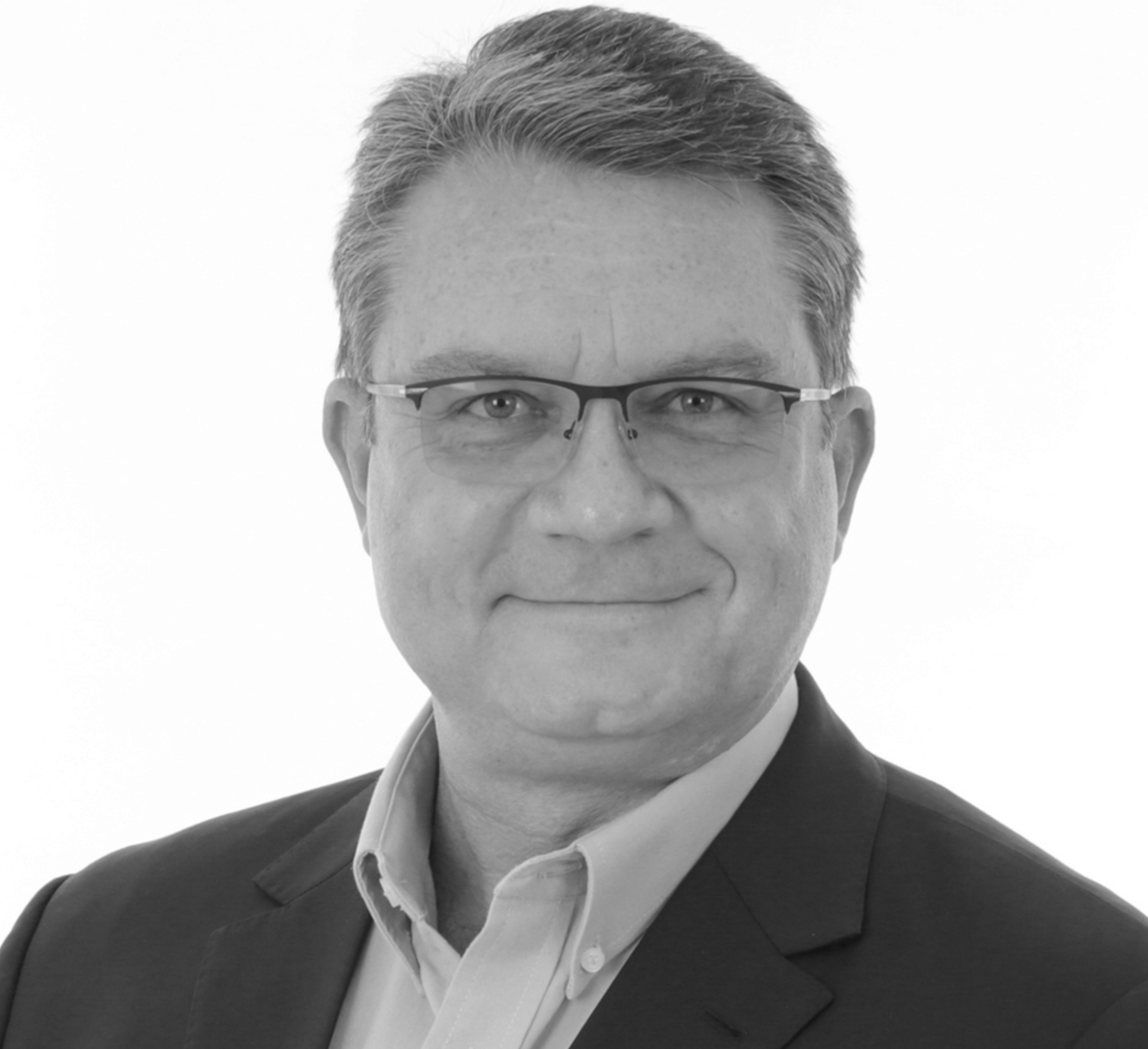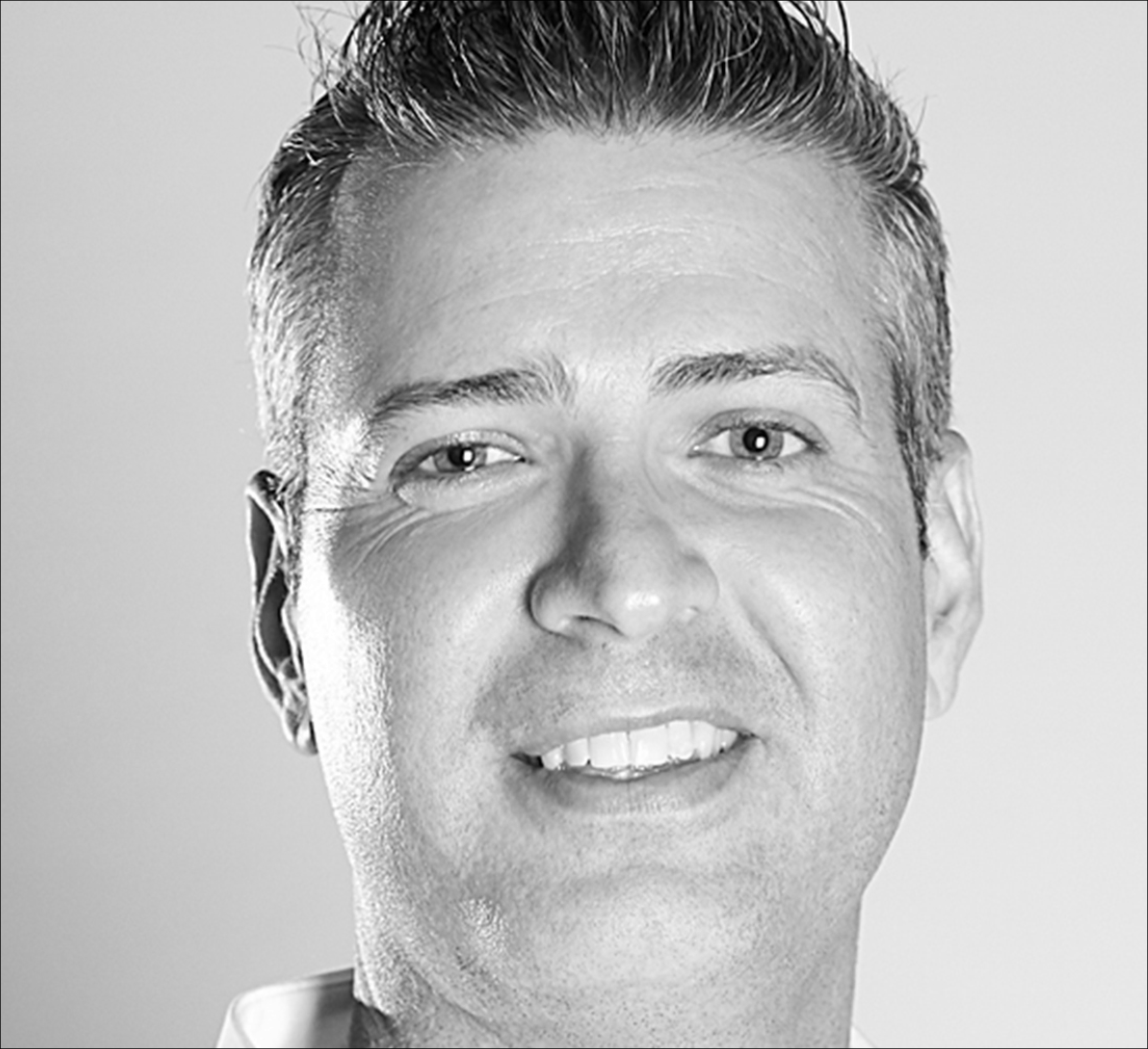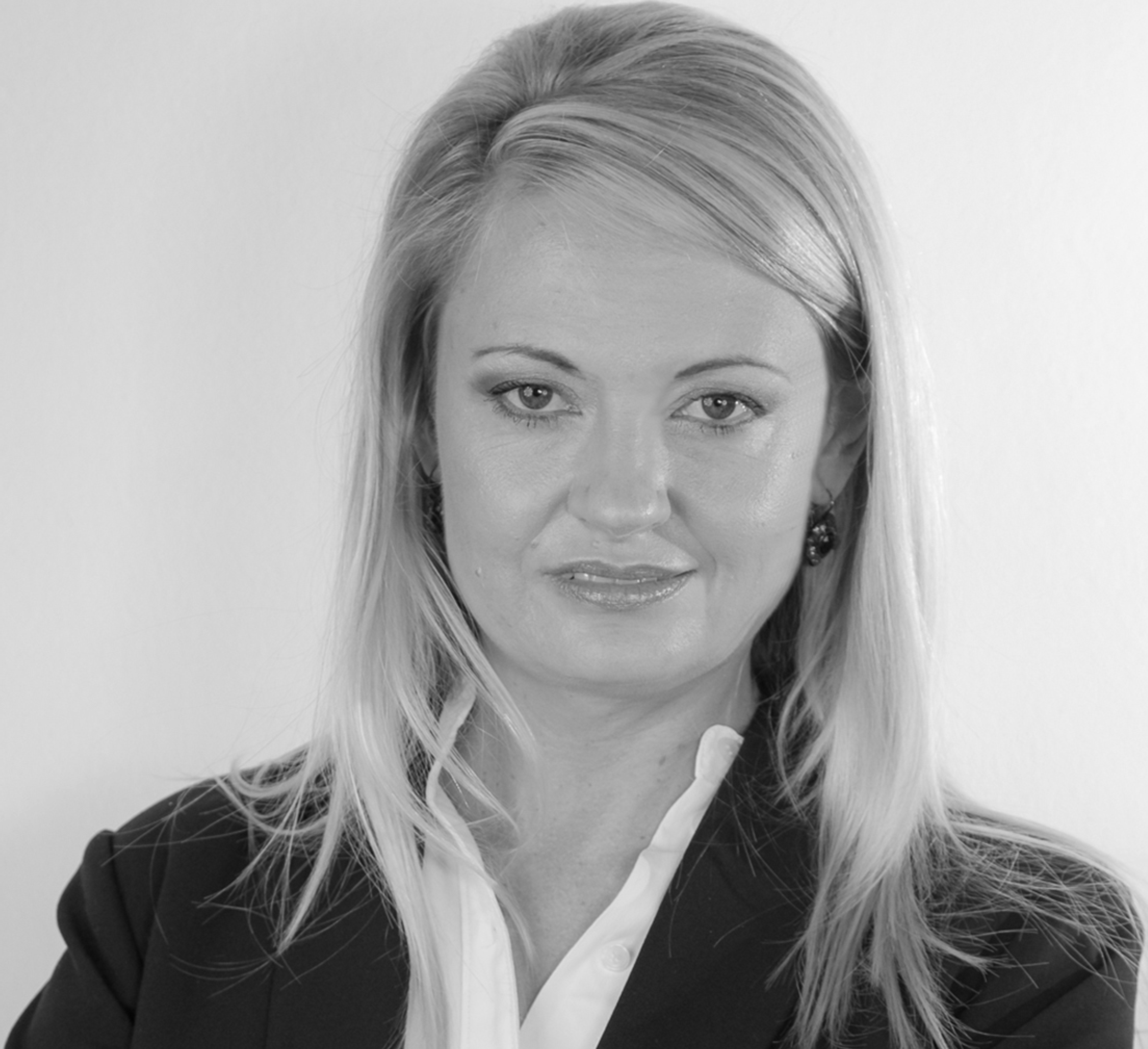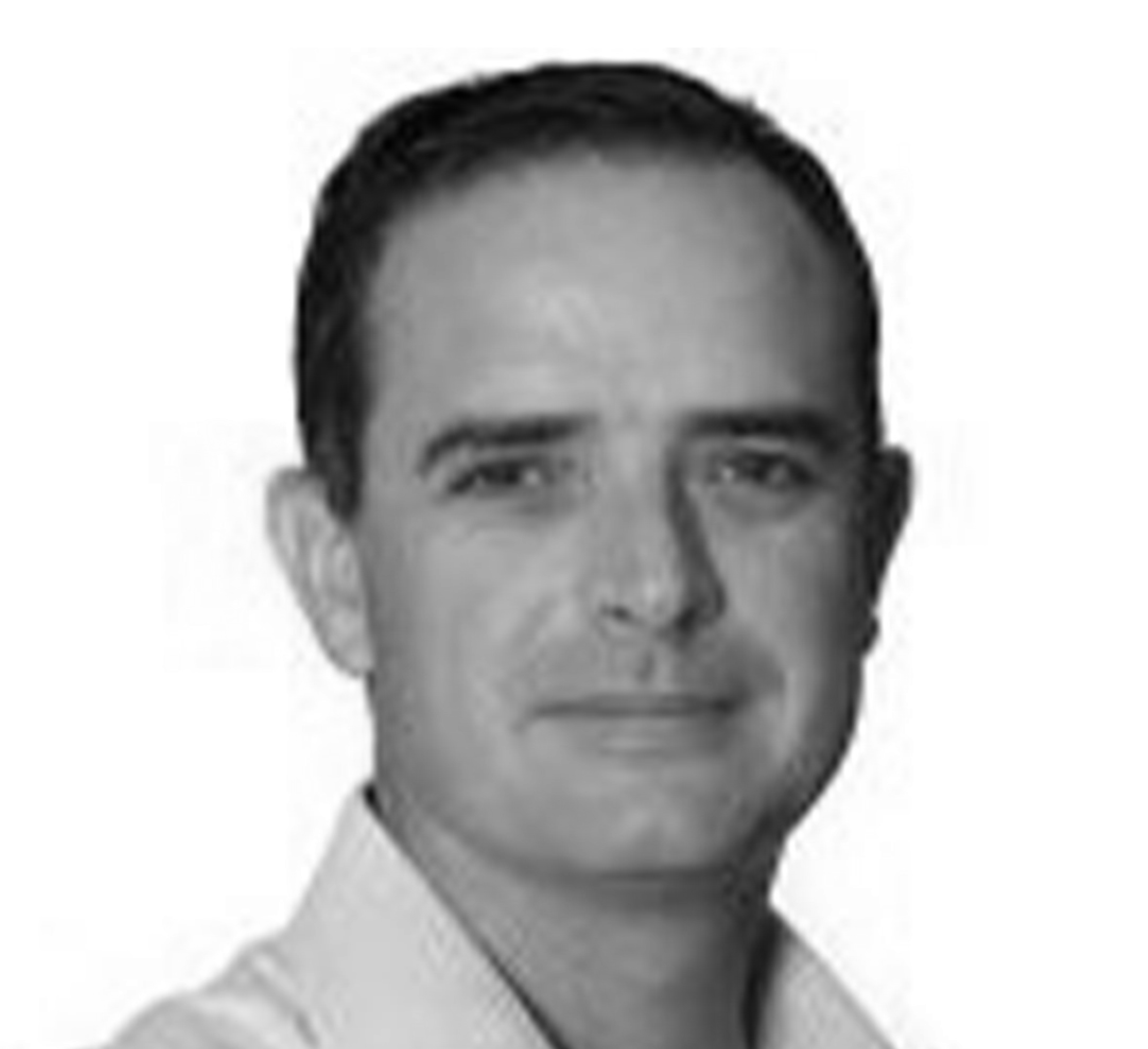96: Sadok El Benna
CFO Tunisia & Morocco – Sodexo Benefits and Rewards Services
Listed in France, the Sodexo Group is a worldwide leader in food services, as well as operating benefits and rewards services, Sadok El Benna is CFO for Sodexo Pass Tunisia and Morocco.

CIARAN RYAN: This is CFO Talks and what a pleasure it is to be joined today by Sadok El Benna, who is a CFO of a company called Sodexo Pass, which is a benefits and rewards company operating in Tunisia and Morocco. We’ll get into that in a minute. Prior to that, he was CFO at Pangea Shipping and Logistics, and has also worked in life assurance in the earlier part of his career. Sadok also acts as advisor to the CEO on corporate development strategies and represents a new type of CFO driving strategy from within the C-suite. So, first of all, Sadok, welcome, how are you today?
SADOK EL BENNA: Thank you, I’m fine. I am really glad to have this opportunity to give this interview to CFO Talks.
CIARAN RYAN: You’re based in Tunisia, but you’re also working across North Africa, you’ve got a lot of work to do in Morocco, how are you managing to do all of that?
SADOK EL BENNA: I’m responsible for Tunisia and Morocco for Sodexo Pass, I’m mainly based in Tunisia with travels to Morocco. But, of course, in case you are not on-site, you have to set a remote-control organisation in order to perform your tasks as per the requests.
CIARAN RYAN: Tell us a little bit about Sodexo Pass, what kind of a company is it and what does it do?
SADOK EL BENNA: Sodexo Pass Tunisia and Sodexo Pass Morocco are two subsidiaries of Sodexo Pass International, which is a part of Sodexo Group. Sodexo Group is a worldwide leader in food services to companies, hospitals, schools, universities. The group is also operating in facility management, personal and home services, as well as in benefits and rewards services. It’s a listed company in France. Sodexo Pass Tunisia and Sodexo Pass Morocco are part of the benefits and rewards services branch activities of Sodexo Group and they are leaders of their respective markets. We usually call the rewards and services branch BRS. So in Sodexo BRS our mission is to provide solutions to our clients, looking for fulfilling and motivating their staff members through services that ensure they feel valued on an ongoing basis since we believe that people are the key of success of any organisation. Our range of services includes employees’ benefits like the meal service, allowing our beneficiaries access to healthy meals using our meal pass. It also includes rewards and recognition solutions like the gift pass and the working clothes pass. There is also an important specificity of Sodexo, in fact, in addition to being a market leader, Sodexo has a strong human centred culture, Sodexo is a company taking care of its people, which is something really important nowadays.
CIARAN RYAN: I’m interested to find out, you haven’t been that long at Sodexo Pass but when you got there you implemented a specific programme, what you call the cost killing programme. It’s a lovely term, I’ve never heard anybody call it the cost killing programme. How were you able to cut costs and as a result of that, to boost the profit?
SADOK EL BENNA: Thank you for the question but it was in a previous experience, it was not in in Sodexo. But honestly, my opinion is that cost killing is probably a pejorative connotation of cost rationalisation and economic efficiency. It’s all about the chasing and eliminating inefficiently used resources without, of course, impacting the business and people motivation. So as not to compromise the long-term development of the company, it’s a kind of balance to find. In my opinion, what we call cost killing is in a sense doing more with less in order to improve, of course, the PnL bottom line, and here the role of the CFO and his team is crucial. It’s a matter of, as I said, chasing all potential savings in procurement, in consultancy services, banking fees, insurance, travelling costs, IT tools, other IP costs, as well as in other general expenses, namely office furniture [indistinct]. Here the CFO and his team, and mainly the financial controllers, have a key role because they are the best ones, in my opinion, to give an overview of the costing structure of a company or an organisation. It’s a first step and then the financial controller will assist the CFO building his efficiency cost plan and that to define it within the organisation or the company. Usually, the expected result of cost efficiency or let’s say a cost killing programme, as I say, to improve the net profit of the company through strengthening the leverage effect, and by leverage effect, let’s make it simple, it means that we are targeting a higher increase of a net profit for the same level of increase of revenues. However, we would be careful here, as for most of actions involving deep changes in a company’s practices or culture, such a programme will probably have internal detractors, of course, which doesn’t make it easier to implement, obviously. In my career, as I said, at the beginning, I got the opportunity to lead such a programme and, honestly, the technical part of the job was not so complicated compared to, let’s say the [indistinct] work with people at different levels in order to ensure a large acceptance of the plan. It was hard, but really a very interesting experience in my career.
CIARAN RYAN: I bet. Okay, tell us a bit about the state of the economy in Tunisia and Morocco, the two markets that you’re responsible for. I guess it’s the same as anywhere in the world, they’ve been heavily impacted by the Covid lockdowns. How has that impacted your business? But first of all, kick off and just tell us what is the economy like in these two countries?
SADOK EL BENNA: As you said, like most of the world, Tunisia and Morocco economic situations were impacted by the Covid-19 crisis with the double-digit recession in the first semester and the unexpected recession of around -8% at least, as per experts, for the year. Despite the second quarter [indistinct] the fourth quarter, but the weight of the second and the third quarter recession is really heavy. It is due, of course, to the effects of the lockdown but also to the decrease in exports since Tunisia, as well as Morocco are addressing markets that are suffering from the crisis. Regarding the business, like all businesses, there was an impact, of course, we are managing to reduce the negative effect, but the impact is here.
CIARAN RYAN: Now, that has impacted your business as well, your ability to travel I’m sure is not the same as it was. You’re having to do a lot of your meetings by Zoom and by Microsoft Teams. Are you able to manage your team effectively? Are you working from home or are you in the office? Just describe that a little bit.
SADOK EL BENNA: It’s really an amazing experience, honestly, despite the context, despite the crisis, but this new way of working was, at least for me, a really an amazing experience. I learned how to manage teams remotely. Of course, I have had experience of remote management in Morocco, but when you have to remotely manage people who you are used to meeting with every day, it’s a bit different. You have to do this type of switch from the traditional way of management to this new way of managing and the new way of working. Here, as you said, Microsoft Teams was my best friend and my preferred partner.
Fundamental requirements for modern CFOs
CIARAN RYAN: I noticed that you’re quite involved in corporate development. Now, this seems to be something that CFOs are expected to do these days and that places you very much in the strategic advisor’s seat, is that correct?
SADOK EL BENNA: Yes, in my opinion, the easiest attitude for a CFO is to keep focusing on his figures, on accounting compliance, general control of financial resources, and let’s say to forget about the rest of the world or the company, it’s the best way to be the perfect bookkeeper, in my opinion. But while, of course, perfect management of financial tasks and duties is a must, it’s not enough, in my opinion, because the role of the CFO has evolved organisations and companies have now, let’s say, high expectations from their financial leaders, than a few years ago. This evolution requires, of course, a shift in the mindset and as leaders we are requested to be able to evolve in that way. Today, and we were talking about the IT tools, with the automation of many tasks in financial departments, the CFO has more time to do [indistinct] work, not only to make the numbers come alive, but also to grow into the role of a strategic advisor within the company or the organisation. This ability to work beyond the traditional boundaries of the financial department is, in my opinion, a must have, and a fundamental requirement for a CFO nowadays because it allows him not only to provide data, but to give advice and counsel as an equal to the CEO, who is everything to the company, and also to other [indistinct] members. In my opinion, this evolution is likely to provide the highest satisfaction for the CFO because I can see that working across silos and outside of purely financial duties is something exciting, at least it’s my perception. There is one more to think about the CFO becoming a larger player in terms of influence within the organisation and with the executive team, would see the impact that the transformation of the CFO roles has on other members of the financial team, because it enables them to step up as well and to unlock their scope.
CIARAN RYAN: Are there some things that you learn as a CFO through experience only. There seems to be greater demands and greater expectations amongst CFOs these days, and we’ve spoken about strategy, but are these things that you learn only on the job or can you learn this through college and through university and through various courses that you could do?
SADOK EL BENNA: I learned most of my current skills are requested in my in my role, after the university. I did my studies in Tunisia, in business school they taught me only part of the required technical skills, like accounting, finance, commercial law and so on, But when it comes to real life and to the real business, you realise that you are missing much mandatory knowledge, not only in finance, not only in accounting, but also in IT, in people management, in language, and you have to work hard to catch up. It was really n very strong, a very impacting experience for me when I realised that I have to work hard because at the beginning, I thought that once I finished my university it was okay, but honestly it was not enough at all. Here I would like to invite business schools to, at least in Tunisia, to revise their teaching programmes and to make them up to date because labour market has needs that are not satisfied today. In my opinion, honestly, it’s not acceptable to continue graduating people without deep knowledge, without any idea of soft skills, without any idea of ERP and the BI tools, with an English level that is not enough for working in a business environment. In my opinion, something must change here.
CIARAN RYAN: It’s interesting, of course, you are Arabic speaking and French speaking, and English then would be a third language for you. But if you’re dealing in the multinational arena, English would be a very important language to understand. So where did you start to study English?
SADOK EL BENNA: I started studying English in college and then in university but really only a few hours. When I started working in my career it was really my beginning with English as a must-have, and I worked a lot to improve my level. I have a lot of work to perform, I still have a lot of work to do here but, as I said, it’s a must-have today, especially when you are working for multinational companies and when you are in touch with many stakeholders abroad, mainly in the US, in Asia or in English-speaking European countries.
CIARAN RYAN: Yes, and even in Africa, of course, it’s split pretty much down the middle.
SADOK EL BENNA: Absolutely.
CIARAN RYAN: I just wanted to bring up the point that that you raised earlier or go back to that point that you raised earlier that the universities need to change their curriculum because a lot of the things that are demanded of you are not being taught in the universities. The South African Institute of Business Accountants has a designation called CFO (SA), which stands for Certified Financial Officer, and basically, that’s in recognition of these other disciplines that you mentioned, the softer skills, the communication skills, the strategic skills that are not taught. I think a lot of accountants coming out of university and colleges, they have the technical skills required to look after the numbers, but they don’t really have the skills necessary to lead a team and to be the strategic advisor to the CEO that you’ve been talking about. It goes back to the point where you said that these are things that you learn on the job, correct?
SADOK EL BENNA: Yes, absolutely. At school or at university we learn how to become [indistinct] a perfect bookkeeper, but we don’t learn how to become a leader, how to become a manager and then a leader. It’s something that you have to learn when you are at work and, in my opinion, as I say, it would be really interesting to initiate students to do those skills, to those abilities.
CIARAN RYAN: Now let’s talk a little bit about yourself and where you grew up and where you studied, I guess you were born in Tunisia, but just tell us about your career path.
SADOK EL BENNA: As you said, I’m born in Tunisia, I’m a 100% Tunisian product [laughing], I grew up in Tunisia and I want to a public school and public university. After accounting studies in the business school, I joined the local audit firm where I spent almost five years. It was my first working experience, and it was a great opportunity for me to get in touch for the first time with the business community, to learn how it works, how to get this knowledge of the business environment, at least in Tunisia, of course. Then I had experience at Attijari Assurance, which is a branch of Attijariwafa Bank Group, Tunisia’s life insurance company. I joined Attijari Assurance in 2012 as the Head of Internal Audit and then I moved up internally as Head of Organisation department. After this experience, I joined the Pangea Shipping Group in 2015, which is a leading Tunisian group operating mainly in logistics. I joined Pangea as group CFO with a specific mission to reorganise the group, to make it modern and to help getting in the capital structure…an international player of logistics. Since September 2019 I’m working for Sodexo as a CFO of Tunisia and Morocco, and I love it.
‘We cannot expect any recovery of tourism before 2022’
CIARAN RYAN: And Tunisia, are you in Tunis, where are you based?
SADOK EL BENNA: Yes, in the capital, Tunis.
CIARAN RYAN: And you normally have quite a strong tourism industry there, but I guess that’s not the case at the moment?
SADOK EL BENNA: Not the case at all because of travel restrictions because of the pandemic context in Tunisia, as well as in in Europe. Europe is our traditional and main market when we talk about tourists.
CIARAN RYAN: Okay and it looks like in Europe some of these lockdowns are becoming even more restrictive, so the damage to the tourism industry might continue a bit longer.
SADOK EL BENNA: Absolutely, since we talk about an expected recovery, but they’re very limited in 2021, we cannot expect any recovery of tourism before, in my opinion, before 2022. It means that we have to undergo the effect of the crisis for more than one year. It’s something that, in my opinion, is really terrifying for a country like Tunisia or like Morocco, which an important part of its economy is based on tourism.
CIARAN RYAN: Are there any books that you would recommend? I don’t know if you read in English or if you read in French, but maybe you can recommend a book or two for us.
SADOK EL BENNA: As you said, I mainly read in French since I come from a French and Arabic speaking country but, of course, these books are available in English or probably that we have English translations or French versions of English books. I have a real passion for reading and to stay in a business context, I would recommend The 7 Habits of Highly Effective People by Stephen Covey. That was an important book, in my opinion, I read it in French, but it really helped me to improve myself, to better understand myself and then to improve myself on many sides. I also would
recommend The Art of War by Sun Tzu, which is a Chinese book, a very old book but very, very interesting, in my opinion. But if we talk about books that are not directly related to the business environment, I really loved Sapiens: A Brief History of Humankind by Yuval Noah Harari. It was really fascinating for me and I spent more than a month reading it, I really loved it so much.
CIARAN RYAN: What did you like about it? What did you get out of the book?
SADOK EL BENNA: You realise that we as humans are a really small part of this big world. In our day-to-day life we are focused on our goals, on financial issues, on our children, all of those things, when you read the book you realise that all these things are nothing really when you compare them to the world, to the universe, we are really small, small, small parts. So maybe this book invites us to revise our perception of the world and for life.
CIARAN RYAN: An interesting selection of books there, The 7 Habits of Highly Effective People, The Art of War by Sun Tzu, which of course has become very popular amongst business leaders today because it’s not really about war, it’s about strategy more than anything else, isn’t it? It’s how you engage, and you avoid war, I think mostly.
SADOK EL BENNA: Absolutely, yes.
CIARAN RYAN: The last book was Sapiens: A Brief History of Humankind by Yuval Noah Harari.
SADOK EL BENNA: Yes, you can even find Yuval Noah Harari in some podcasts, in TEDx, and it’s really very interesting.
CIARAN RYAN: What a pleasure it’s been talking to you, Sadok, thank you so much for coming on the podcast and let’s please stay in touch. I’d like to have you back again, hopefully when conditions are a little bit better than they are at the moment, maybe early next year. Thanks for sharing your insights, particularly around the evolving role of the CFO and finance executives. I think that’s very valuable for people to hear these kinds of messages about the additional skills and the additional competencies that are required by the modern finance executive. So I want to thank you very much for coming on.
SADOK EL BENNA: It was really a pleasure for me, thank you for the opportunity. It was a pleasure talking to you and I hope that the things will go back to normal and we can maybe meet each other in better conditions.

